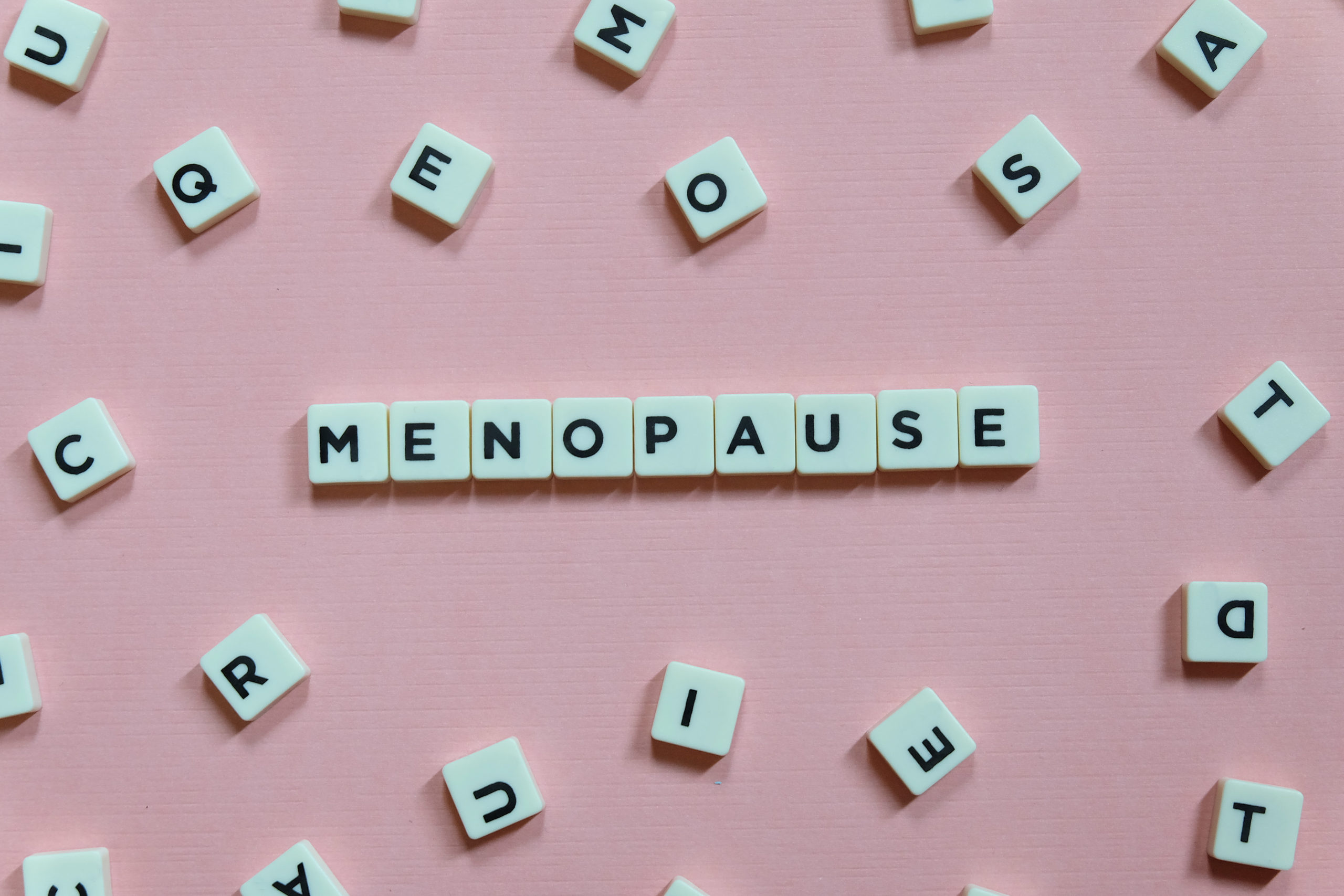World Menopause Day – 18th October 2022
Over recent years, the menopause has become a hot topic for discussion. It now has its’ own day on 18 October. Before this no one really talked about the menopause. It was this little understood stage of a woman’s life, due to hit her around 50 or in some cases, much younger. I can recall asking my mum if she had suffered during it and she said she couldn’t remember going through it. Lucky her. However, for some women it is a very difficult time with a huge scope of symptoms, some of which a woman will suffer, others not.
The menopause is the time when a woman’s periods stop for 1 year or more. It typically happens between the ages of 45 – 55 with the average age in the UK being 51. However, in the years leading up to the menopause the body goes through hormonal changes – this time is referred to as the peri menopause and can typically last 3 or 4 years. Symptoms of the menopause can subside for several years after the menopause – this is the post menopause stage. So, all in all, this time in a woman’s life can last for several years
Typically, the symptoms of the menopause (peri, actual and post) are : hot flushes, fatigue, palpitations, hair loss, weight gain, insomnia, low mood, anxiety, night sweats, vaginal dryness, reduced sex drive, problems with memory and concentration (commonly referred to as brain fog), stiffness and joint pain. Some women feel that they are literally losing their minds.
These symptoms can have a serious impact on the day to day life of a person going through the menopause and can present real challenges in the workplace – the office may be far too hot, she may not be sleeping well at night so tired during the day, the brain fog, of course, can cause problems with memory and focus. Wearing a uniform which is made of artificial fibres can be very uncomfortable, as can clothes buttoned to the neck or tight fitting.
Going through the menopause can mean an increased amount of sickness absence and performance issues. The cognitive symptoms can result in increased anxiety with a menopausal worker feeling anxious about making mistakes and the possibility of under performing. Often, the worker will feel uncomfortable in divulging that she is going through the menopause to her Mangar, especially if she feels her Manager wouldn’t understand. If the company has in place a written Menopause policy and actively trains its Managers in how to deal with workers who are going through the menopause, this will make it a much easier environment in which she can discuss what is going on in her life and ask for adjustments to help her deal with the symptoms.
Recent ET cases involving the menopause :
Menopause related cases are now on the rise in the Employment Tribunal. The menopause was featured 116 times in employment tribunals in the first six months of 2021. It is predicted that there are more on the horizon. When the menopause is cited in Employment Tribunal cases it is usually as part and parcel of a discrimination claim – whether on the grounds of sex, disability or age. One such example is A v Bonmarche – where the employees manager constantly belittled her about her menopause and called her a “dinosaur”. The ET held that she was discriminated against on the ground of her age and sex and awarded her £10,000 by way of loss of earnings and £18,000 by way of injury to feelings.
In another recent case (Merchant v BT) a female employee’s performance was affected by her menopause; her line manager used his experience of his wife’s symptoms rather than referring her to Occupational Health and dismissed her for poor performance. The ET held that this was both unfair dismissal and sex discrimination.
In Davies v Scottish Courts and Tribunals Services an employee was dismissed after acting in a confused way due to the menopause despite the fact that the employer had the benefit of an Occupational Health report containing information about her symptoms. The ET held that she was unfairly dismissed and she was discriminated against on the grounds of a disability (her menopausal symptoms were severe enough to amount to a disability) – she was awarded £50,000 in compensation.
Even one off remarks relating to the menopause can result in a successful claim, in Best v Embark on Raw Limited, an employee’s manager asked her if she was menopausal after she made it clear that she didn’t want to talk about her. The ET awarded her £2,000 for injury to feelings for this one off comment.
The increased spotlight on the menopause a sign of the times – whereas before it was somewhat of a taboo subject, women are now growing in confidence when it comes to standing up for themselves in the workplace and holding their employers to account when thy use the side effects of the menopause to treat them less favourably. This is bound to be a growth area not least as women of the usual menopause age are the fastest growing demographic in the UK. Indeed, in 2022 it is predicted that 1 in 6 British workers will be women of 50 years old or older. Currently, 80% of menopause sufferers are in work and recent estimates are that 900,000 women have had to quit work because of menopausal symptoms.
If you would like a Menopause Policy or are interesting in exploring training in this area please contact a member of our team for a free no obligation discussion. Please call us on 01483 303636.


